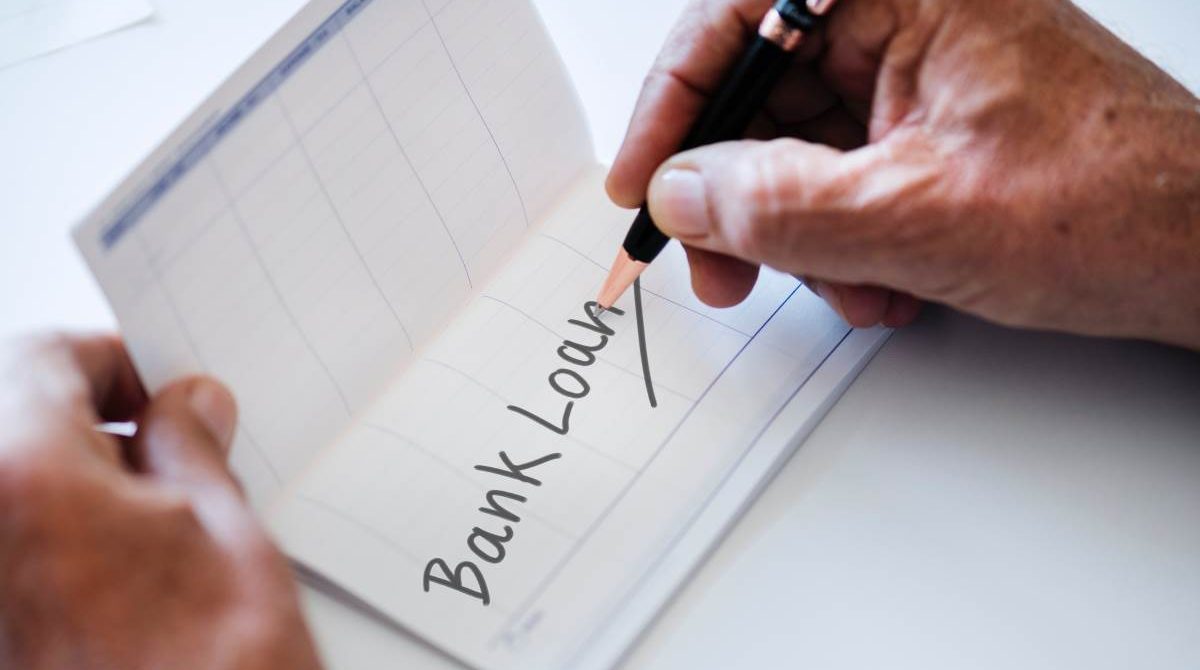Are you planning to buy your first home? It can be stressful getting your head around everything you need to know to make the right decision. You don’t want to overlook anything when you’re putting so much into this decision. Read on for some tips that will help you navigate the process.
1. Know how to secure a loan
Lenders will place certain requirements on you before approving a loan. Each lender’s requirements may be similar, but specific conditions vary. For example, some lenders require proof of a longer savings history than others.
It is worth remembering that you might not want to choose the lender that lets you get the loan the most easily. You don’t want to jump into an investment that you aren’t ready for. Ask your family and friends about their experiences with lenders and use websites that help you compare interest rates like Compare the Market.
Extra tip: don’t rush into bidding or making an offer on a home without getting pre-approval for your loan from your chosen lender!
2. Know the benefits for first home buyers
The government offers a range of benefits to support first home buyers. These include grants and tax exemptions. First home buyers grants and stamp duty exemptions are the most common forms of these.
The specific benefits available vary according to the policy of the day. To understand current policies, you’ll need to do your research. Have a look at the Housing and Property section of the Australian Federal Government website and the Buying a Home section of MoneySmart.
3. Don’t skimp on professional advice
Professional advice is invaluable for all property buyers. While it may be tempting to avoid the extra cost of seeking professional advice, the cost is worth it when you think about what you’re putting on the line as a first home buyer.
You can draw on the expertise of a number of different professionals. Source a strata report, a building inspection and a pest inspection before you finalise anything. They will help you avoid rude shocks down the track.
When it comes to the final stages, make sure a solicitor with property expertise or a qualified conveyancer reviews your contract before you sign it. They can also advise you about all aspects of the process of transferring the legal title of the property to you.
4. Other sources of information about the property
On top of professional advice, you can also do your own research to source information about the house you’re interested in. Look for environmental hazards that could place the property at risk and drive up insurance costs, like bushfire and flood zones. Check with the government and local council for zoning regulations and proposed developments that could impact on the property. If the home you’re interested in is part of a complex, read the strata by-laws that apply to it to check that the complex is the right fit for you. Try to visit the area at different times of the day and on weekends to check things like neighbourhood noise levels.
Remember, you can never do too much preparation! Putting the time into carefully working through these tips will help you know what to look out for to make sure you get the most out of buying your first home.
